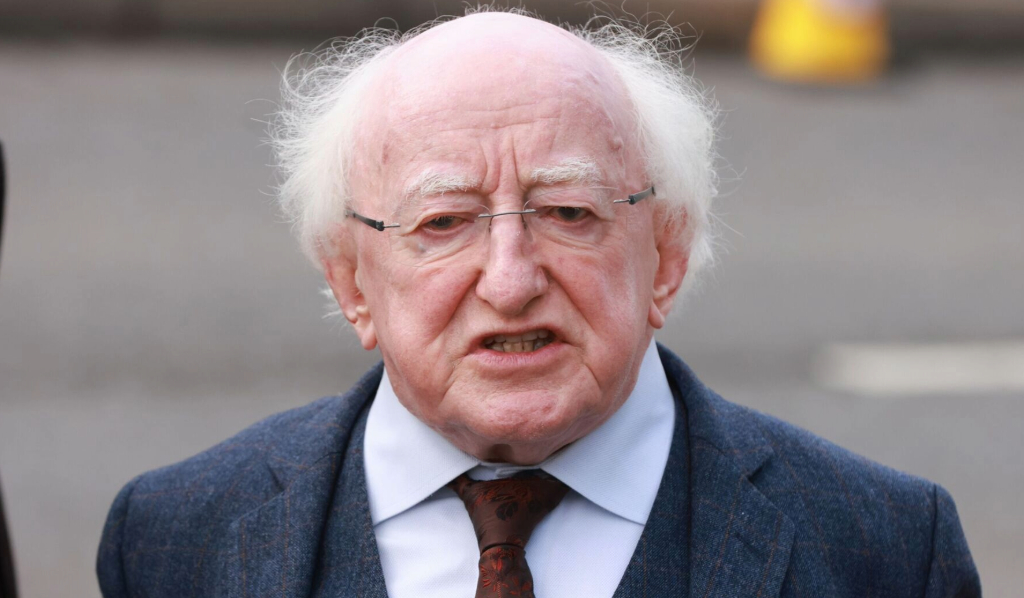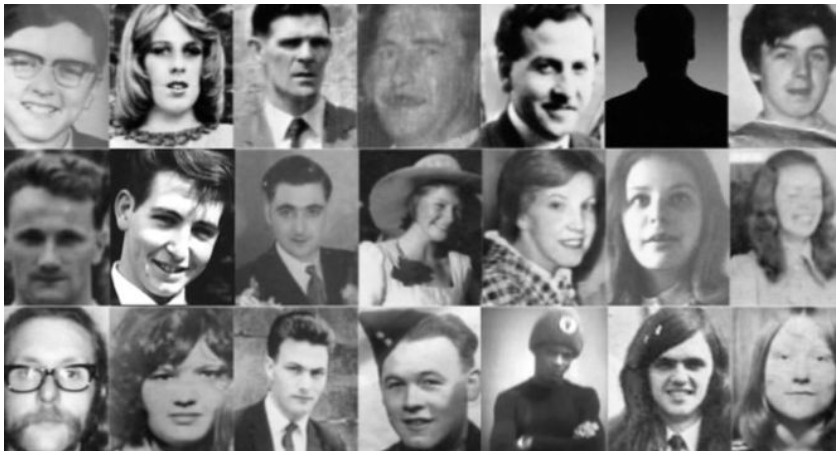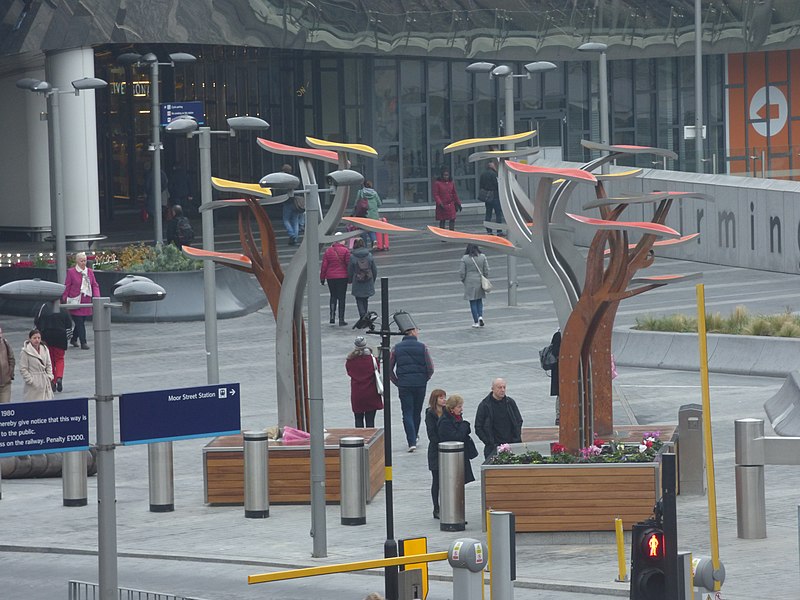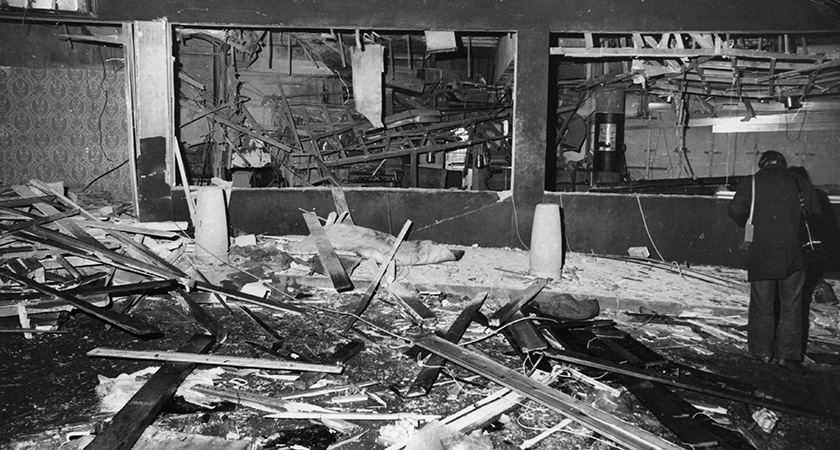PRESIDENT Michael D Higgins has recalled the “unspeakable tragedy” caused when two bombs exploded in Birmingham 50 years ago today.
Two public houses were targeted in the west Midlands city on November 21, 1974.
The bombs planted in The Mulberry Bush and the Tavern in the Town killed 21 people and injured at least 170 more.
“Fifty years ago today, the people of Birmingham had inflicted upon them an unspeakable tragedy when bombs exploded in two public houses, the Mulberry Bush and the Tavern in the Town,” President Higgins said today.
“We remember with deep sadness the twenty-one people, the seven women and fourteen men aged between 16 and 51, six still just teenagers, who lost their lives on that day, a shocking event uniting our two countries in horror and in mourning.”
 21 people were killed in two Birmingham pubs on the night of November 21, 1974
21 people were killed in two Birmingham pubs on the night of November 21, 1974He added: “As we honour their unquenchable memory, my thoughts are with their families on the anniversary of what was a horrific loss, the brunt of which was carried by them.
“It is important too to think, on a day like today, of all those who were injured in the violent attacks, and for whom the pain and suffering inflicted upon them still lingers on.
“The quest for truth and justice for those killed and injured on 21 November 1974 has been a source of further pain, compounding as it does the anguish of those left behind.”
 A memorial to the victims of the bombings in Birmingham
A memorial to the victims of the bombings in BirminghamSix Irishmen — who became known as the Birmingham Six — were wrongly convicted of the bombing. Hugh Callaghan, Paddy Hill, Gerry Hunter, John Walker, Richard McIlkenny and Billy Power served 16 years in prison before their convictions were overturned.
Investigations into the incident have continued over the years, although no one has ever been convicted for the attacks and no one has ever admitted responsibility.
However the families of the victims of the attack continue to campaign for justice in their names.
A memorial site in Birmingham honours the lives of all affected by the bombings, which President Higgins visited five years ago.
“When I visited Birmingham in 2019, on the 45th anniversary of the bombings, paying my respects at the memorial to the victims of that most appalling and evil act, I was struck by the resilient bonds of friendship that have endured between the people of Birmingham, including the large and vibrant Irish community who call the city home, and the people of Ireland,” he recalled today.
 The wrecked interior of The Mulberry Bush public house, Birmingham, after the explosion on November 21, 1974
The wrecked interior of The Mulberry Bush public house, Birmingham, after the explosion on November 21, 1974“ May I pay tribute to Maurice Malone, now the chief executive of the Birmingham Irish Association, and to all those who have worked so hard, showing such commitment and dedication to maintain and strengthen relations with the Irish community in Birmingham after the bombings and over the 50 years that have passed since.”
He added: “Later that year, in October 2019, I was honoured to host representatives of the victims and survivors of the bombing at Áras an Uachtaráin in Dublin, to listen to their heart-rending stories of potential lost, of futures destroyed, and to hear about the vibrant lives and tragic deaths of their loved ones, the twenty-one people who lost their lives on 21 November 1974.
The names of those who lost their lives in the bombings are Michael Beasley, Lynn Bennett, Stanley Bodman, James Caddick, Thomas Chaytor, John Clifford Jones, James Craig, Paul Davies, Jane Davis, Charles Gray, Maxine Hambleton, Anne Hayes, Neil Marsh, Marilyn Nash, Pamela Palmer, Desmond Reilly, Eugene Reilly, Maureen Roberts, John Rowlands, Trevor Thrupp and Stephen Whalley.

